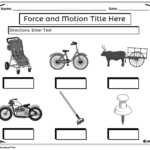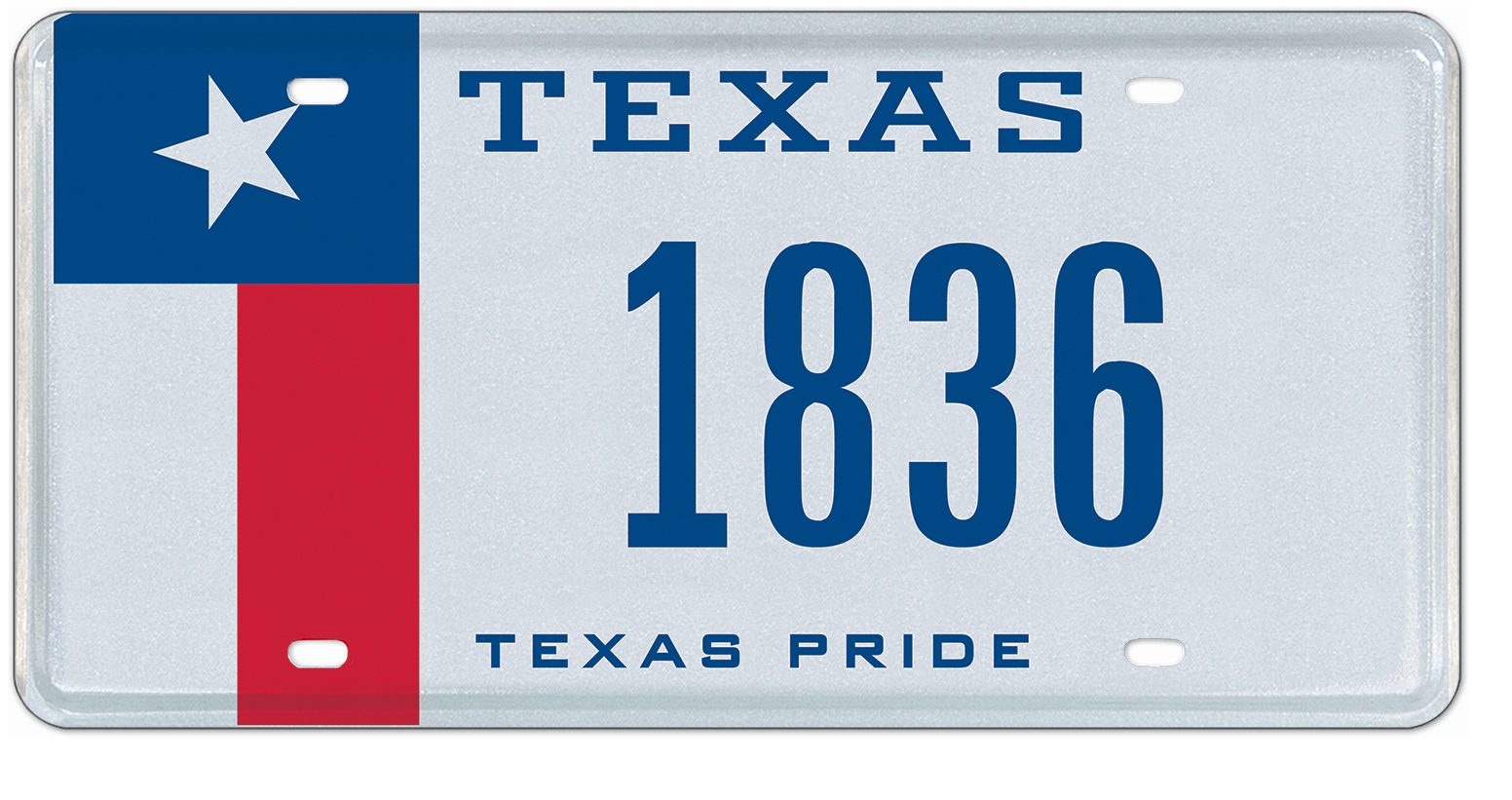A Texas license plate lookup is a valuable tool for accessing essential details about vehicles registered in the state. Whether you’re verifying a car’s history, conducting research, or addressing a legal matter, this process can provide crucial information. Here’s everything you need to know about performing a Texas license plate lookup.
What Is a Texas License Plate Lookup?
A license plate lookup in Texas involves using the unique license plate number of a vehicle to retrieve publicly available information. The details may include:
- Vehicle make, model, and year
- Registration and expiration status
- Title history (e.g., clean, salvage, rebuilt)
- Basic accident or damage records
- Manufacturer recalls and warranties
This service is used by vehicle buyers, law enforcement, insurance companies, and individuals seeking to ensure safety or compliance.
Why Perform a Texas License Plate Lookup?
1. Buying a Used Vehicle
Check a vehicle’s history, including title status and accident reports, to ensure the seller’s claims are accurate.
2. Verifying Ownership
Ensure the vehicle’s ownership records are legitimate and free of liens.
3. Ensuring Legal Compliance
Confirm that the vehicle meets Texas registration and safety standards.
4. Investigating Suspicious Activity
Identify vehicles involved in theft or fraud.
How to Perform a Texas License Plate Lookup
1. Texas Department of Motor Vehicles (TxDMV)
The Texas DMV is the official source for vehicle-related information. While it doesn’t offer direct public access to complete texas license plate lookup, you can request certain details through its offices or online services.
2. Texas Vehicle Records
You can obtain vehicle history records from the TxDMV by submitting a request using the appropriate forms. This may involve fees and proof of permissible use under the Driver’s Privacy Protection Act (DPPA).
3. Online License Plate Lookup Services
Several third-party platforms provide lookup services specifically for Texas-registered vehicles. These websites often offer free basic information, with more detailed reports available for a fee. Ensure the platform is reliable and compliant with privacy laws.
4. Vehicle History Providers
Paid services like CARFAX and AutoCheck offer detailed vehicle history reports based on license plate numbers or VINs (Vehicle Identification Numbers). These reports include accident history, odometer readings, title issues, and more.
5. Law Enforcement Agencies
Local law enforcement can perform license plate lookups for public safety or legal investigations.
6. Insurance Companies
Insurance providers use license plate data to verify vehicle information during policy issuance or claims processing.
Information You Can Access Through a Lookup
The information available depends on the source and service used. Common details include:
- Vehicle specifications (make, model, year, color)
- Registration status and expiration
- Title history (e.g., clean, salvage, rebuilt)
- Accident or damage history
- Manufacturer recalls and warranties
Personal data, such as the owner’s name and address, is protected under the DPPA and cannot be accessed without proper authorization.
Legal and Privacy Considerations
Texas enforces strict privacy laws to protect personal information associated with vehicles. It is illegal to misuse license plate information for stalking, harassment, or any unauthorized purpose.
Permissible Uses
- Vehicle verification for purchase
- Insurance claims and underwriting
- Public safety or legal investigations
Prohibited Uses
- Accessing private information for non-permissible purposes
- Misusing data for harassment, fraud, or identity theft
Advantages of a Texas License Plate Lookup
- Fraud Prevention: Avoid purchasing stolen or misrepresented vehicles.
- Informed Decisions: Access critical data to make confident vehicle purchases.
- Safety Assurance: Confirm the vehicle’s history and compliance with safety standards.
- Legal Compliance: Ensure the vehicle meets Texas registration and title requirements.
Challenges and Limitations
- Limited Free Options: Most detailed reports require a fee.
- Privacy Restrictions: Personal owner details are inaccessible to the public.
- Data Accuracy: Some third-party services may provide outdated or incomplete information.
Tips for Performing a Texas License Plate Lookup
- Use trusted sources, such as the TxDMV or reputable online platforms.
- Avoid unauthorized or suspicious websites offering unrestricted data access.
- Verify data accuracy by cross-referencing multiple sources.
- Always comply with Texas privacy laws and the DPPA.
Conclusion
A Texas license plate lookup is a powerful tool for uncovering valuable information about a vehicle’s history and registration. By using official resources and reliable services, you can make informed decisions, avoid fraud, and ensure legal compliance. Whether you’re a buyer, researcher, or concerned citizen, this process equips you with the knowledge needed to handle vehicle-related matters effectively.











